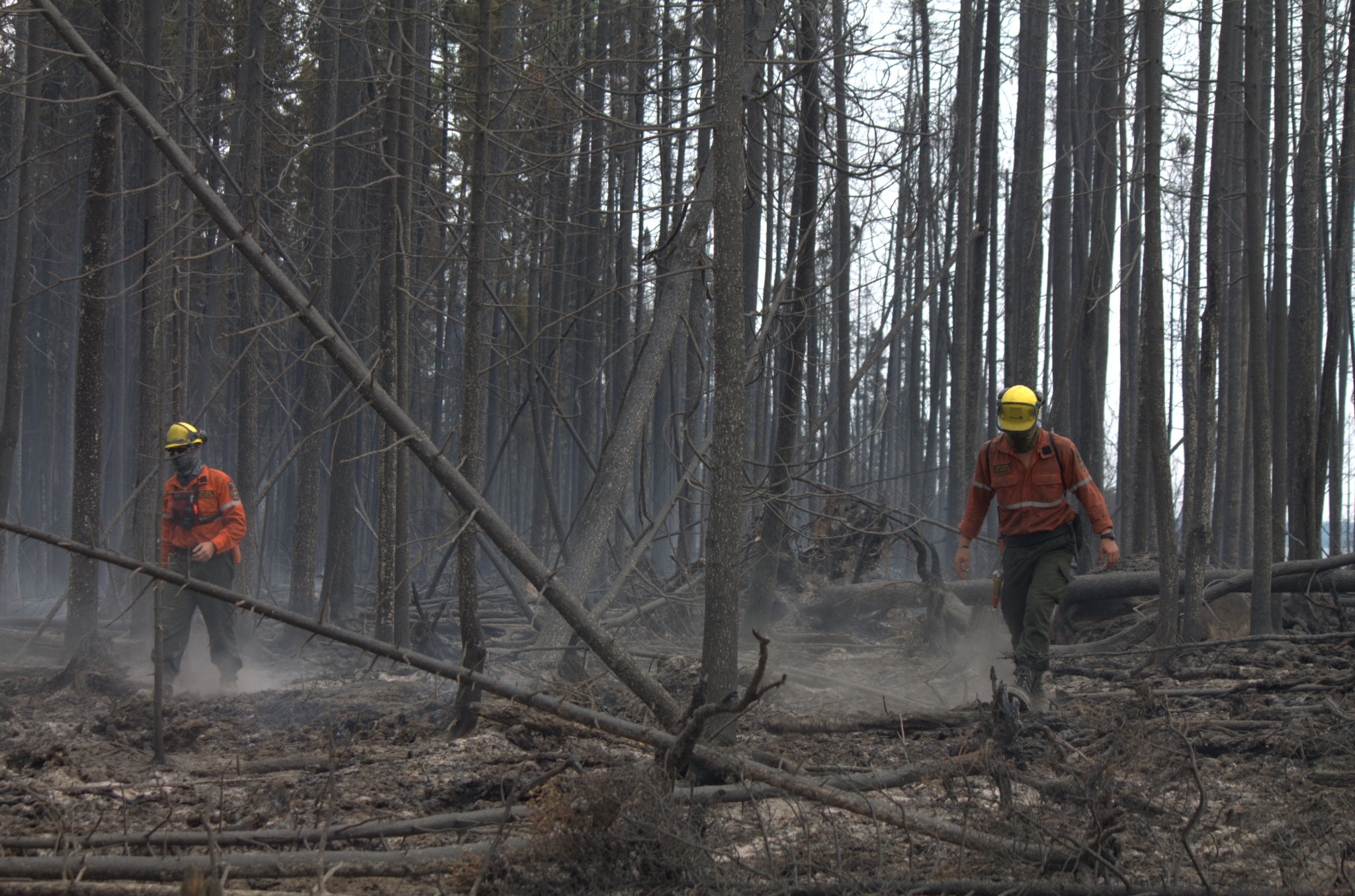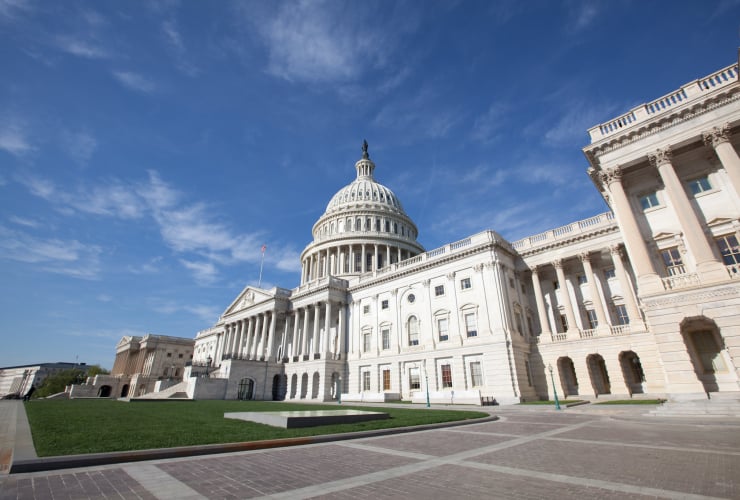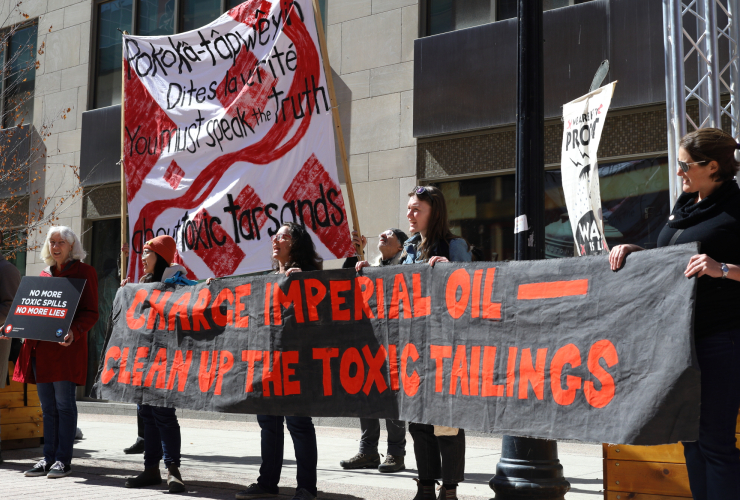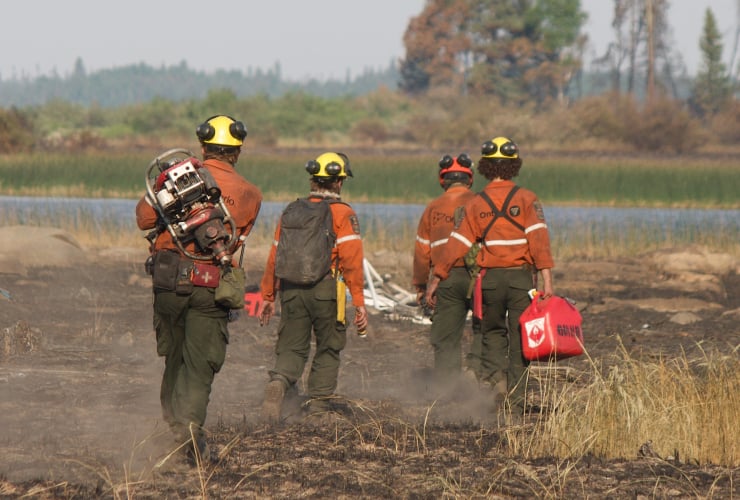As the wildfire season looms, alarms are being sounded about the Ontario government's preparation and support for forest firefighters. Despite warnings and pleas from experts, concerns persist over the province's readiness to prevent and suppress wildfires.
“The truth is, the Ford government has neglected the fire program so badly that there is little that can be done to protect Ontarians this upcoming wildfire season,” said Noah Freedman, vice-president of Ontario Public Service Employees Union Local 703 and a provincial forest fire crew leader.
Between April and October last year, Ontario witnessed a staggering increase in wildfires, with over 700 fires ravaging approximately 441,000 hectares of forests. These figures, nearly three times the 10-year average, underscore the severity of the situation and the urgent need to prepare with more personnel and aircraft, says Freedman. “We all pray this season is a wet one because rain is the only thing that can protect Ontarians this season.”
Freedman said Premier Doug Ford’s government must boost its emergency response funding. Ontario’s firefighting budget was $134.9 million in 2023-24, although the final amount actually spent to combat wildfires last year has not yet been fully tallied, said a statement from the Ministry of Natural Resources and Forestry (MNRF).
But last year’s budget still falls short by about $100 million when compared to the 2021-22 budget of $237 million set aside for forest firefighting.
With over 700 fires last year, Ontario witnessed a large increase in wildfires compared to the 269 fires that occurred in 2022. The area burned was also almost three times greater than the 10-year average.
Money to cover the total cost of fighting forest fires comes from an emergency forest firefighting contingency fund, the ministry explained.
Freedman said that’s not always helpful because unlike a budget, which allows for consistent planning, the emergency fund is not accessible until there is an emergency. “The problem is, when money cannot be spent proactively … firefighting equipment, buying something in an emergency costs enormous premiums to the taxpayer.”
Melissa Candelaria, a spokesperson for the MNRF, told Canada's National Observer that last year an extra $20.5 million was invested over three years to enhance firefighting technology, recruit and train more essential fire personnel, and advance understanding of fire science and behaviour.
According to Freedman, Ontario has historically employed 190 to 195 four-person forest firefighting crews. However, in 2022, this number dwindled to approximately 167 and further decreased to 142 in 2023. Projections indicate that the province may have fewer than 110 fire crews available for the upcoming season, he said.
Candelaria said the ministry is trying to boost recruitment and staff retention by reimbursing tuition costs for recruits, providing financial assistance for safety boots, and expanding entitlements like stand-by pay and on-call benefits. “Our government continues to make improvements and will ensure that FireRangers and Fire Crew Leaders will return in 2024.”
In 2022, Ontario experienced a shortage of approximately 12 per cent of its fire crews, which increased to 25 per cent in 2023. The province states that it hires up to 800 FireRangers each fire season, with recruitment numbers dependent on returning staff. Crews typically operate from late April to August with some work into September, depending on fire activity.
The Ford government recently hired a private third-party company to look at the retention problem in the wildfire program. However, results of the $110,000 audit were not released.
The ministry did confirm that a recruitment and retention consultant was hired by Aviation, Forest Fire and Emergency Services (AFFES) to devise short- and long-term improvements in wildland fire and aviation programs. “Actions from the report were put into place for the 2023 fire season and beyond, including extending application deadlines, reimbursing tuition costs for new FireRanger recruits and expanding standby time and on-call duty options for eligible staff.”
“The Ford government is scrambling behind closed doors to scrape together any evidence which shows they are working to fix these life-threatening issues,” said Freedman. “The reason they are burying these reports, which cost the taxpayer over $100,000, is because they would prove what we, the experts, have been saying for years: the Ford government has done nothing to try and fix these issues.”
“We work closely with the Ministry of Labour, Immigration, Training and Skills Development and the WSIB (Workplace Safety and Insurance Board) to assess occupational health and safety matters, including coverage for our FireRangers under the Firefighters Regulations,” said Candelaria. However, on Feb. 26, the Ontario Conservatives voted against NDP amendments that would have provided rangers with greater protections and job reclassification.
“We are staring down the barrel of climate change, with fire seasons becoming longer and more volatile,” said Lise Vaugeois, NDP MPP for Thunder Bay-Superior North in a statement. “Yet the workers, who put themselves in harm's way to protect our communities, aren't even classified as firefighters. They are excluded from presumptive health coverage given to all other firefighters in Ontario.”
what are they thinking to
what are they thinking to refuse to protect the firefighters health , pay them a decent wage to risk their lives, train them, treat them with respect in short?
penny wise pound foolish just doesnt say enough






Comments